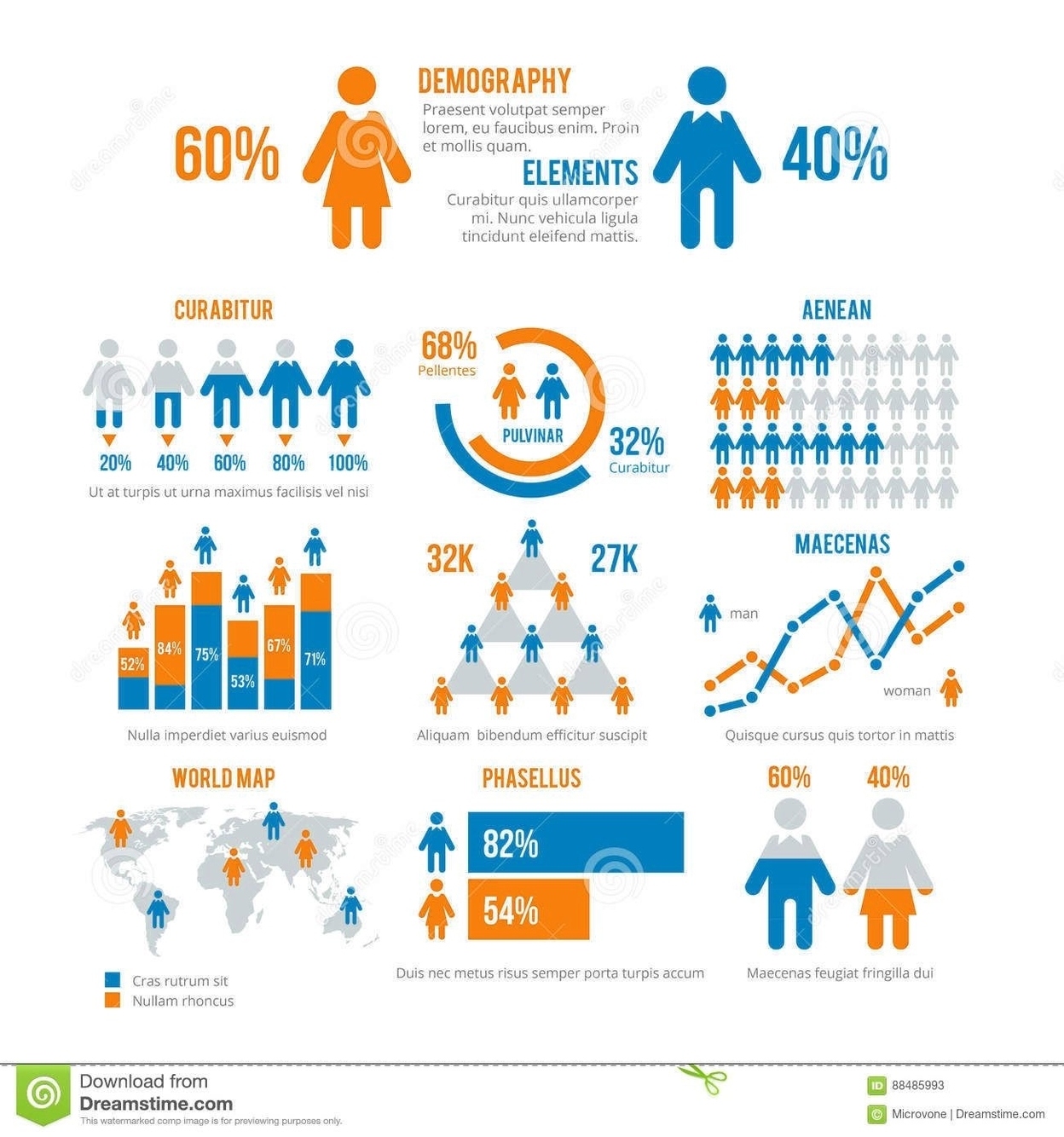
Business statistics is the study of the collection, analysis, interpretation, presentation, and organization of data related to businesses. It involves applying statistical methods to business data to identify patterns, trends, and relationships. The goal of business statistics is to help businesses make informed decisions by providing them with accurate and reliable data.
According to the Key Small Business Statistics 2022 report by Innovation, Science and Economic Development Canada, as of December 2021, there were 1.21 million employer businesses in Canada. Of these, 1.19 million (97.9%) were small businesses, 22,700 (1.9%) were medium-sized businesses, and 2,868 (0.2%) were large businesses. The report also provides information on the number of businesses that appear and disappear each year, the proportion of new businesses that survive, the distribution of employment across the private sector, and more.
Demographics is the study of human populations, including their size, growth, density, distribution, and other characteristics such as age, gender, race, and income. Population statistics are used to understand the social and economic conditions of a population, and to inform policy decisions.
The 2021 Census of Population conducted by Statistics Canada provides a statistical portrait of Canada and its people. The census is a reliable source designed to provide information about people and housing units in Canada by their demographic, social, and economic characteristics. The census data can be used to understand the population size, growth, and distribution across different regions of Canada. The data can also be used to analyze the social and economic characteristics of the population, such as education, income, and employment.
